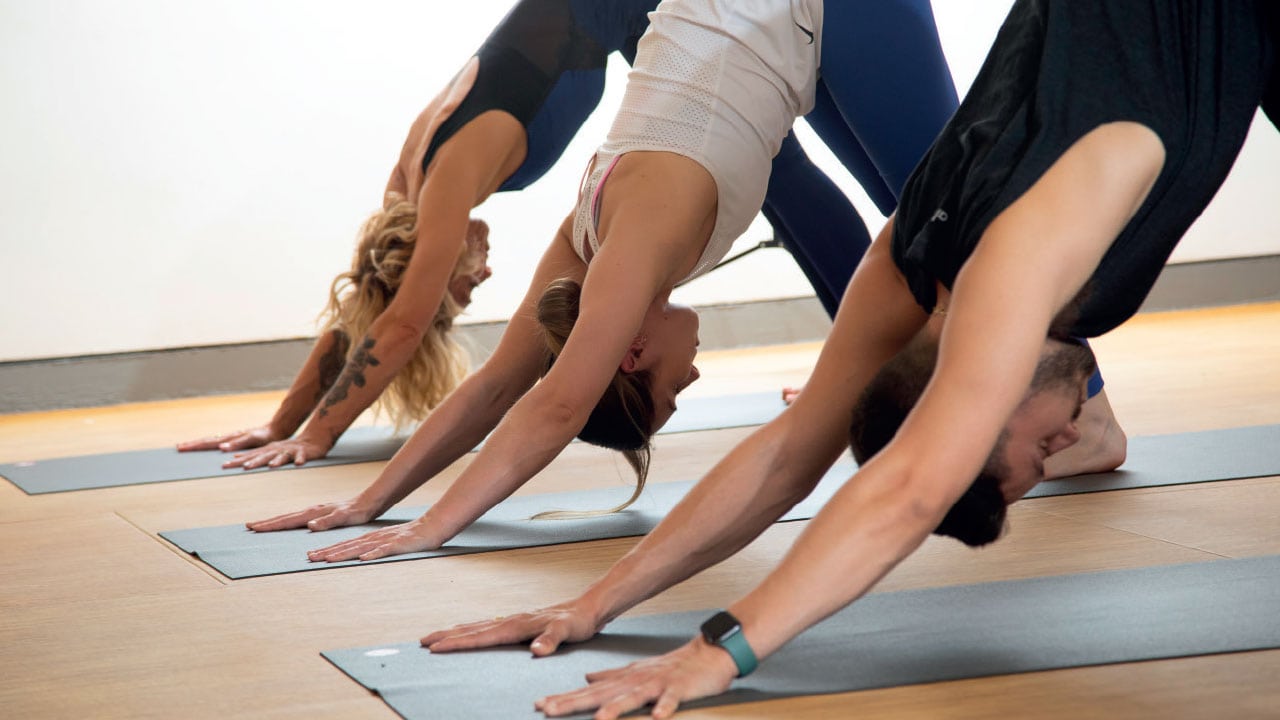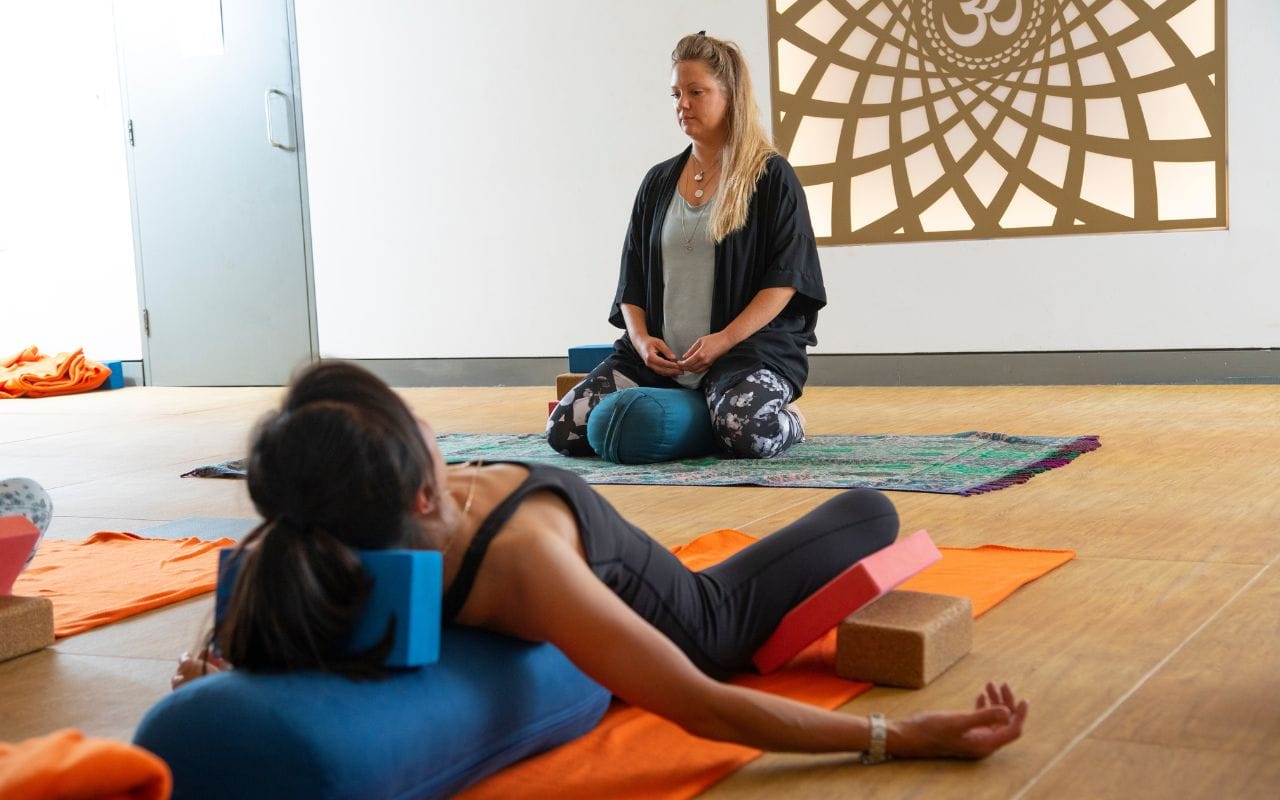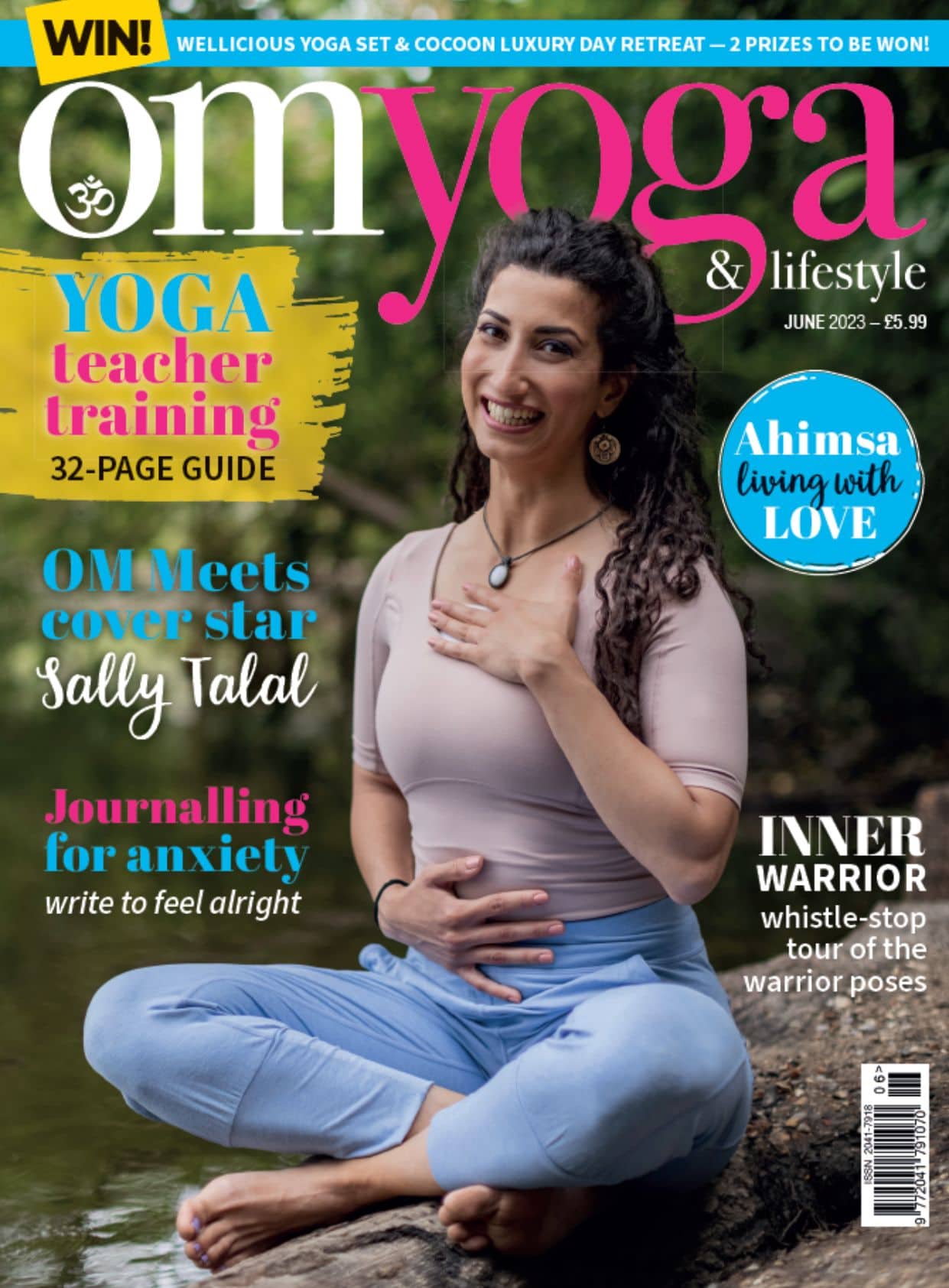
Finding an authentic voice in yoga teaching
Four pillars of authenticity for finding your true voice in yoga. By Hassan Hassan
Reading time: 4 minutes
What is an authentic voice, and why is it important?
An authentic voice is the yoga teacher's true and honest expression, reflecting their personality, beliefs, and experiences. It is an expression that comes from within, rather than something that is borrowed or copied from others. So why is this so important? Authenticity is crucial because it allows the yoga teacher to connect with their students on a deeper level. When a teacher speaks from their heart, they convey a sense of authenticity and sincerity that resonates with students, and so it becomes easier for them to connect, relate, and empathise.
Unfortunately, many yoga teachers fail to recognise that, and in the early stages of their teaching career many fall into the trap of imitating other teachers or trying to fit into a particular mould. They adopt a style or persona that is not true to themselves, and this can be sensed by their students, leading to a lack of trust and respect. In contrast, a yoga teacher who speaks authentically creates a safe and nurturing space, where the students can explore their yoga practice without judgment.
Finding one's authentic voice is a journey that requires self-reflection, introspection, and courage. Here are some suggestions for yoga teachers who want to explore their authentic voice, with the four pillars of authenticity.
Four pillars of authenticity for finding the authentic voice in yoga
1 - Know yourself
The first step to finding one's authentic voice is to understand oneself. This requires introspection and self-reflection. Yoga teachers should ask themselves questions such as 'What are my values?', 'Why did I choose this profession?' 'What are my strengths?', and 'What are my fears?' By answering these questions honestly, the teacher will not only gain a better understanding of themselves and their unique perspective, but also appreciation of what they have to offer to their students. Once you know yourself on a deeper level, and you embrace your values and motives for teaching, you will be less likely to be swayed by outside influences, allowing you to trust your inner voice.
2 - Embrace imperfection
No one is perfect, and this is true for yoga teachers too. Teachers should embrace their imperfections and use them to their advantage. Students appreciate teachers who are honest about their struggles and challenges. By allowing themselves to be vulnerable, the yoga teacher can create a sense of trust and relatability with their students, within the yoga class and beyond. The natural hierarchy of the student and teacher relationship that exists can and has been abused, usually in the circumstances where there exists a misconception that teachers are somehow perfect. By being open and humble about their own experiences on the yoga journey, students are reminded that teachers are just as flawed, which not only opens the channels for honest conversion but also helps keep us grounded and humble.
3 - Be present
To find one's authentic voice, a yoga teacher must be present in the moment. This means letting go of distractions and being fully engaged with the students, focusing on them rather than being in their own thoughts. This can be challenging because, same as everyone else, yoga teachers will have good and bad days, and they may be preoccupied with many jobs, problems and projects. life often leads us to live simultaneously in the past, present, and future, but yoga seeks to remedy this modern trait by combating the programming we have become accustomed to. Only when a yoga teacher is present can they tune into their intuition and speak from their heart, allowing them to access their most authentic self.
4 - Letting go of expectation
Yoga teachers often feel pressure to perform or to meet certain expectations, whether they are imposed by themselves, or others, such as a gym or a studio where they teach. This can lead to a disconnect between the teacher and their authentic voice. To find one's authentic voice, a yoga teacher must let go of these expectations and trust in themselves and allow their intuition to guide them.
Why should yoga teachers use their authentic voice?
Yoga teachers and their students will forget deeper, more personal connections if the yoga teacher speaks authentically throughout the practice. The authentic voice conveys sincerity and genuineness, which resonates with students, allowing them to explore their practice in a safe and nurturing environment where they feel free from judgement. Furthermore, using an authentic voice helps to build trust and respect between the teacher and their students. When the students trust and respect the teacher, they are more likely to be receptive to the teacher's guidance and teachings, leading to deeper and more meaningful yoga practice.
Using the authentic voice is a powerful tool for yoga teachers. It offers benefits to both student and the teacher, allowing mutually deeper connections and more meaningful practice for all.
Hassan Hassan is a senior yoga teacher and head of teacher training at Breeze Yoga. Find out more at: breezeyoga.co.uk



